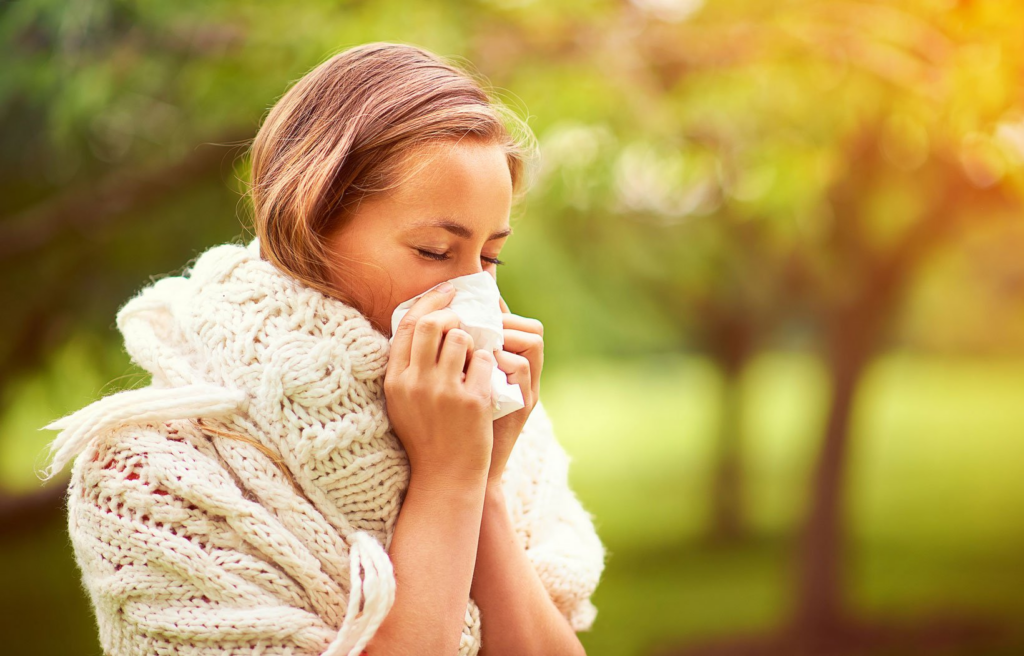As spring rolls in, many of us anticipate the blooming flowers and warmer weather. However, this year, allergy sufferers may face a longer and more intense season than usual. Experts are predicting that the 2025 spring allergy season will be stronger due to a combination of factors. Here’s why spring allergies are expected to be worse this year and how you can prepare to handle them.
Why Are Spring Allergies Getting Worse?
Several key factors contribute to this year’s expected allergy spike. The increase in global temperatures, combined with higher levels of pollen in the air, has created a perfect storm for those affected by seasonal allergies.
Climate Change: Warmer winters and earlier spring starts are causing plants to release pollen earlier in the season. This leads to longer allergy seasons, giving sufferers more time to experience symptoms. The pollen count in many regions is also expected to peak higher than in previous years.
Increased Pollutants: Air pollution exacerbates allergy symptoms by making the air quality poorer. Pollution can make pollen particles stick to the air, which prolongs the time they stay airborne and makes it easier for the allergens to spread.
Changes in Plant Growth: Some studies suggest that rising CO2 levels may encourage plants to produce more pollen. This increased pollen load means more allergens are circulating in the air during allergy season, making the symptoms more severe.
What Are the Symptoms?
The typical symptoms of spring allergies include sneezing, runny nose, itchy eyes, and congestion. For some, the symptoms may be severe enough to impact daily activities, work, and even sleep.

Managing Spring Allergies
Although there is no way to prevent allergies completely, there are several steps you can take to minimize their impact:
Track Pollen Levels: Websites like The Weather Channel provide daily pollen forecasts so you can plan your outdoor activities accordingly.
Use Allergy Medications: Over-the-counter antihistamines and nasal sprays can help reduce symptoms. If necessary, consult a doctor for stronger prescriptions.
Final Thoughts
With allergy seasons growing longer and more intense, it’s important to stay proactive about your health. By understanding the causes of your allergies and preparing in advance, you can mitigate their effects and enjoy the beauty of spring without constant discomfort.
Also Read : Everything You Need to Know About Pink Eye: Causes, Symptoms, and Treatments



